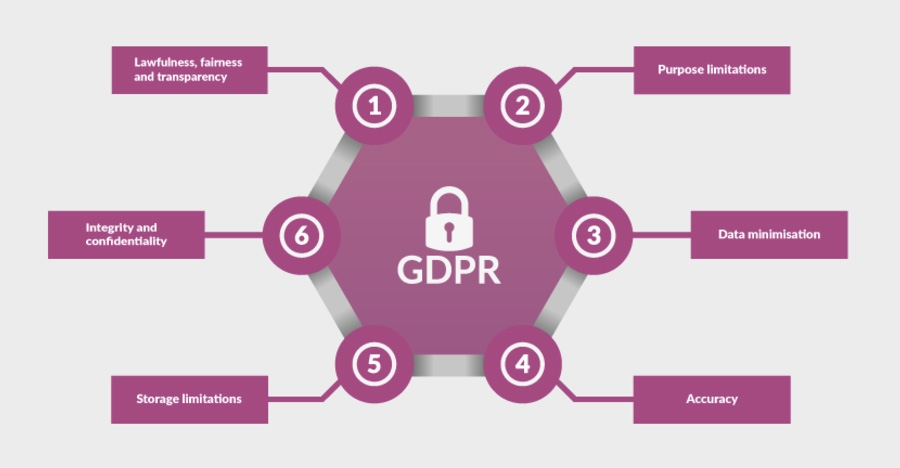The European Union’s General Data Protection Regulation (GDPR), enacted in May 2018, represents a cornerstone of data protection and privacy in Europe. With the rapid evolution of technology, particularly in the realm of artificial intelligence, the GDPR’s core principles, particularly the purpose limitation principle, are faced with increasing pressure from industry lobbyists seeking expanded use of personal data. In this article, we delve into the significance of the purpose limitation principle within the GDPR and its potential implications if it were to be weakened.

The GDPR requires organizations to collect and process personal data for explicit and legitimate purposes only. This principle, referred to as data minimization, ensures that the minimum data necessary for a purpose is processed. Moreover, personal data collected for one purpose cannot be reused for another purpose without explicit consent or alternative legal bases. The purpose limitation principle adds intentional friction to data operations, making it harder for organizations to monetize individuals’ personal information without their explicit consent – an essential feature in today’s data-driven economy.
With the GDPR’s purpose limitation principle presenting challenges to industry actors seeking to expand their use of personal data, it has drawn the ire of lobbyists. Critics argue that the principle limits business flexibility and restricts their ability to gain insights and value from large data sets. Extreme claims suggest that the purpose limitation principle constitutes a flagrant violation of companies’ rights, dismissively branding it as a “crime against humanity.”
Despite these arguments, a strong case can be made for the importance of data protection and respecting privacy rights. The purpose limitation principle acts as a safeguard, preventing potential misuses and abuses of personal data. By maintaining clear boundaries and limiting the scope of data processing, the principle ensures that individuals’ rights are protected and trust between both individuals and businesses is upheld.
If the GDPR’s purpose limitation principle were to be weakened, the consequences would be far-reaching. Individuals would lose control over their personal data, potentially leading to intrusive targeted advertising, spam emails, and unsolicited phone calls. Moreover, the vulnerability to misuse and abuse of personal data would escalate, with companies free to sell or share data for purposes beyond the original collection. This would constitute a breach of trust and a violation of individuals’ privacy rights, undermining the fundamental pillars of Europe’s digital single market.
From an economic and geopolitical standpoint, relaxing data protection regulations could have severe repercussions. Europe’s standing as a global leader in data protection would be eroded, potentially resulting in a brain drain of talent and innovation in this critical area. Furthermore, companies might opt to base their operations in more favorable data processing environments, undermining the competitiveness of European industries.
The GDPR’s purpose limitation principle plays a crucial role in European data protection and privacy framework, injecting intentional friction into data operations and upholding trust between individuals and businesses. Despite mounting pressure from industry lobbyists, it is crucial that the EU remains steadfast in its commitment to this principle. Only by maintaining robust data protection regulations can Europe continue to lead the way in this critical realm and uphold its values and respect for individuals’ privacy rights. The future of data protection lies in striking a balance between innovation and privacy, striking a crucial equilibrium which neither compromises the former nor the latter.

